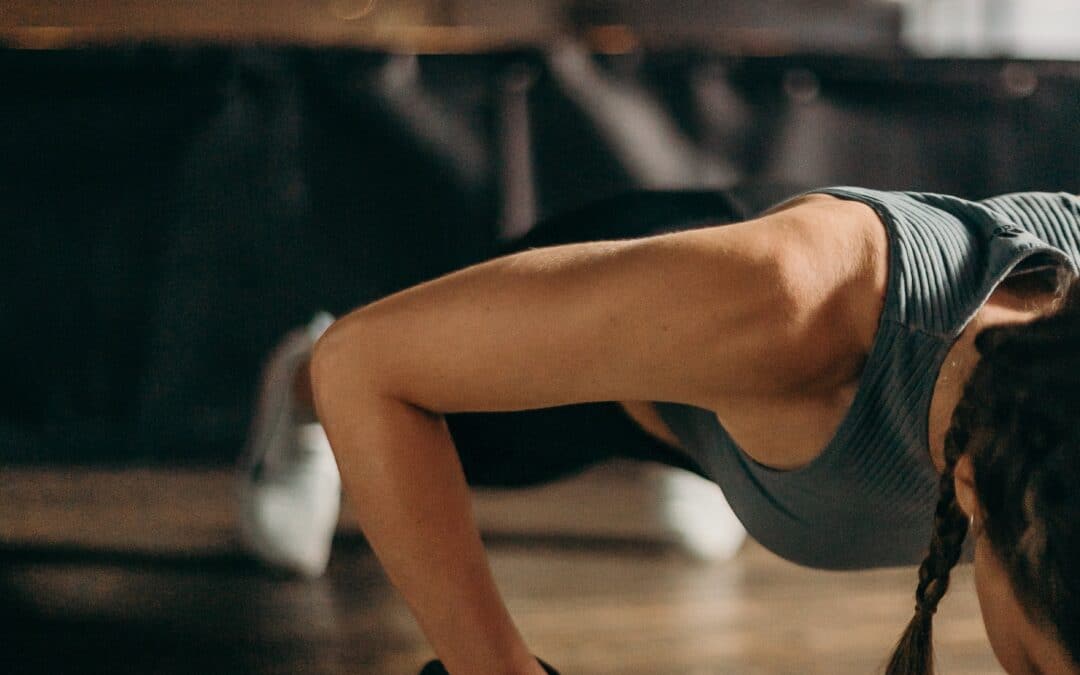How are your workout habits coming along? Maybe you’ve been putting the S.M.A.R.T acronym to work and setting goals that are specific, measurable, achievable, relevant and time-bound. Maybe you’ve been consistently meeting small, daily goals to reach the big health and fitness goals you set at the beginning of the year. Or maybe you haven’t. Maybe life happened and you’re just not doing the things you intended. How can you emerge from this spring slump?
James Clear, author of Atomic Habits identified a core problem when it comes to goal setting. He says, “We don’t rise to the level of our goals; we sink to the level of our systems.” Ouch! The problem isn’t with our intentions; the problem is our follow-through.
So how can we develop better systems to help us with reaching our goals? We have to create habits that stick. Wendy Wood, a psychologist and author of Good Habits, Bad Habits: The Science of Making Positive Changes that Stick, suggests that all successful habits have three components:
-
A cue
The cue signals the new behavior we want to create. This could be a visual clue such as setting out your workout clothes, shoes, and keys before you go to bed each night so that you are reminded of your commitment to come to the gym. It could be a sound clue such as an alarm you set to remind yourself: “It’s time to head to the gym!”
-
The behavior
This is the thing you aspire to do on a daily basis–the habit you’re aspiring to create. It is said that “habit is ten natures,” so if you can develop the habit and stick to it, ultimately it could be even stronger than your natural tendencies!
-
A reward
We all know dogs are easily swayed to obey a command because they know the treat is coming. Think about what reward you could give yourself each time you do the thing you want to do (spend 30 minutes at the gym, attend a workout class etc.) Maybe you allow yourself to stream a favorite show only when you’re on the treadmill. Have a favorite coffee shop? Only allow yourself to go there right after a workout. The reward works best if it’s within just a few minutes of the behavior. You might want to create a system to track your progress too, because monitoring your progress increases the likelihood of reaching your goals.
If you consistently use this cue, behavior, reward system of developing a habit, soon it will be second nature, and you won’t even have to think about it!

